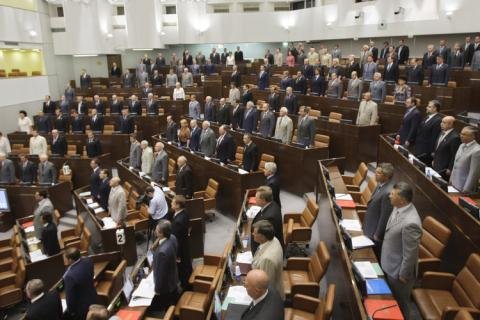
Yesterday, March 16, the British Parliament’s Upper Chamber passed an anti-piracy bill. Known as the Digital Economy Bill, the legislation imposes a three-strikes system on online pirates with possible suspension of internet access for persistent offenders. The House of Lords (kind of like the Senate, except members get appointed rather than elected) managed to scrap an unpopular clause in the bill that would have given “government ministers wide-ranging powers to amend copyright law to deal with any future piracy threat from new technology.”
The bill will now go to the House of Commons (the actual elected bit!) for their final consideration. However, the government is considering whether to introduce a clause that “could result in Web sites with any copyright-infringing material being blocked.” This drew howls of protest from Google, Yahoo, and Facebook.
The problem for the British government is that it only has a few weeks before it will need to call a general election. During this time, Parliament is dissolved and any bills that are going through Parliament are abolished. Consequently, the government is desperate to get its Digital Economy Bill enacted before it has to call the election. This means it is considering ways of avoiding as much parliamentary (read: democratic) scrutiny as possible to get the pirate-bashing bill through. Sigh.